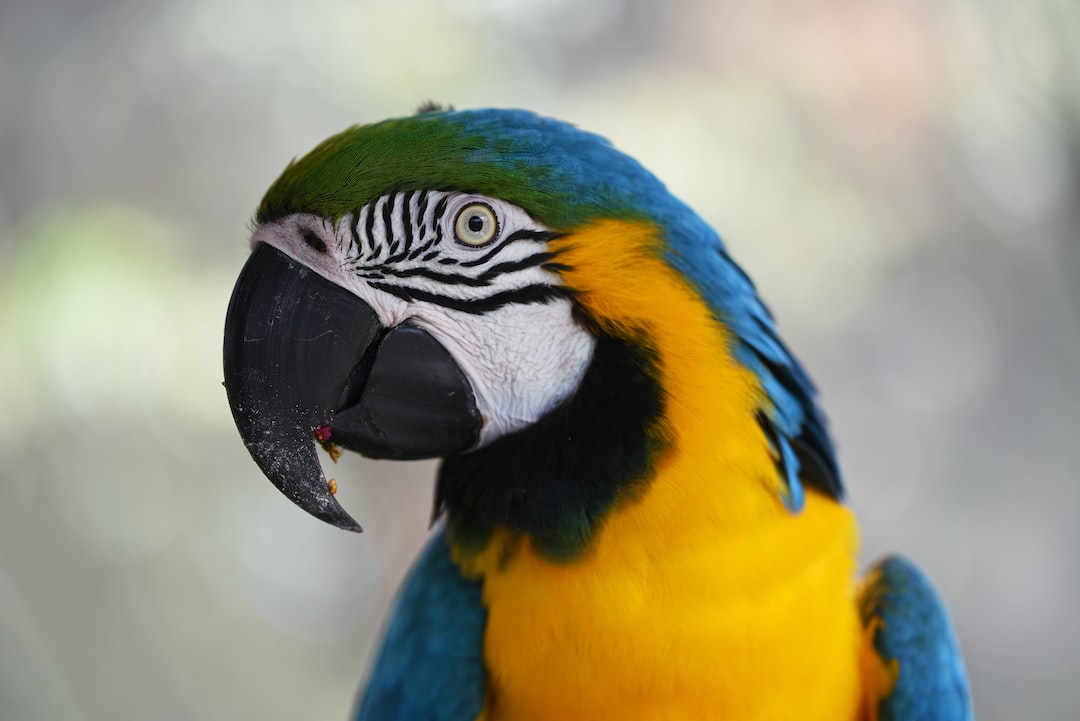The Symbolism of Animals in Different Cultures around the World
Animals have always played an integral role in human cultures throughout history. These creatures have been revered and respected, symbolizing diverse qualities and characteristics across various societies around the world. From the mighty lion to the wise owl, animals hold significant symbolism that reflects cultural beliefs, legends, and folklore.
In Native American cultures, the connection between animals and spirituality runs deep. The Native Americans believe that each animal possesses its own unique power and wisdom. The eagle, with its ability to soar high in the sky, represents freedom and courage. The bear symbolizes strength and resilience, while the wolf depicts loyalty and family bonds. These animals are often seen as spirit guides, providing guidance and protection to those who seek their assistance.
Moving to Africa, the continent is home to a wide array of symbolic animals. The lion, known as the “King of the Jungle,” embodies strength, leadership, and authority. It is a spiritual symbol associated with bravery and protection. Elephants are revered for their wisdom, intelligence, and close-knit family dynamics, making them a symbol of unity and interconnectedness. In African folklore, the leopard is seen as a powerful and elusive creature, representing cunning and agility.
In ancient civilizations such as Egypt, animals held great significance in religious rituals and beliefs. The cat, for instance, was regarded as sacred and worshipped as a symbol of protection and fertility. It was believed that cats had the ability to see and ward off evil spirits. Similarly, the scarab beetle held immense symbolism in Egypt. With its habit of rolling dung into a ball and burying it, it was connected to the concept of regeneration and rebirth.
Shifting to Asia, the symbolism of animals can be seen prominently in various cultures. In Chinese culture, the dragon is a symbol of power, strength, and good fortune. It is often associated with the emperor and represents imperial authority. The phoenix, on the other hand, signifies resurrection and immortality. In Japanese folklore, the crane is a symbol of longevity and good luck. It is believed that folding 1,000 origami cranes can grant one’s wishes.
In Hinduism, numerous animals hold symbolic significance. The cow, for instance, is considered sacred and revered as a mother figure. It represents fertility, abundance, and nourishment. Elephants, with their presence in Hindu mythology, symbolize wisdom, success, and good fortune. The monkey is associated with Hanuman, a deity known for his loyalty and devotion.
Animals also play a significant role in Western cultures. The owl, with its association to wisdom, is often depicted as a wise and thoughtful creature. It represents intelligence, intuition, and the ability to see beyond the surface. The dove, commonly seen as the symbol of peace, originates from biblical references to the bird bringing an olive branch to Noah’s ark. It embodies hope, tranquility, and harmony.
As evident from these examples, the symbolism of animals varies greatly across cultures, reflecting the unique beliefs and values of each society. Whether it be spiritual guidance, strength, wisdom, or protection, animals carry powerful symbolism that transcends borders. They continue to be a source of inspiration and fascination, reminding us of the interconnectedness between humans and the natural world.
